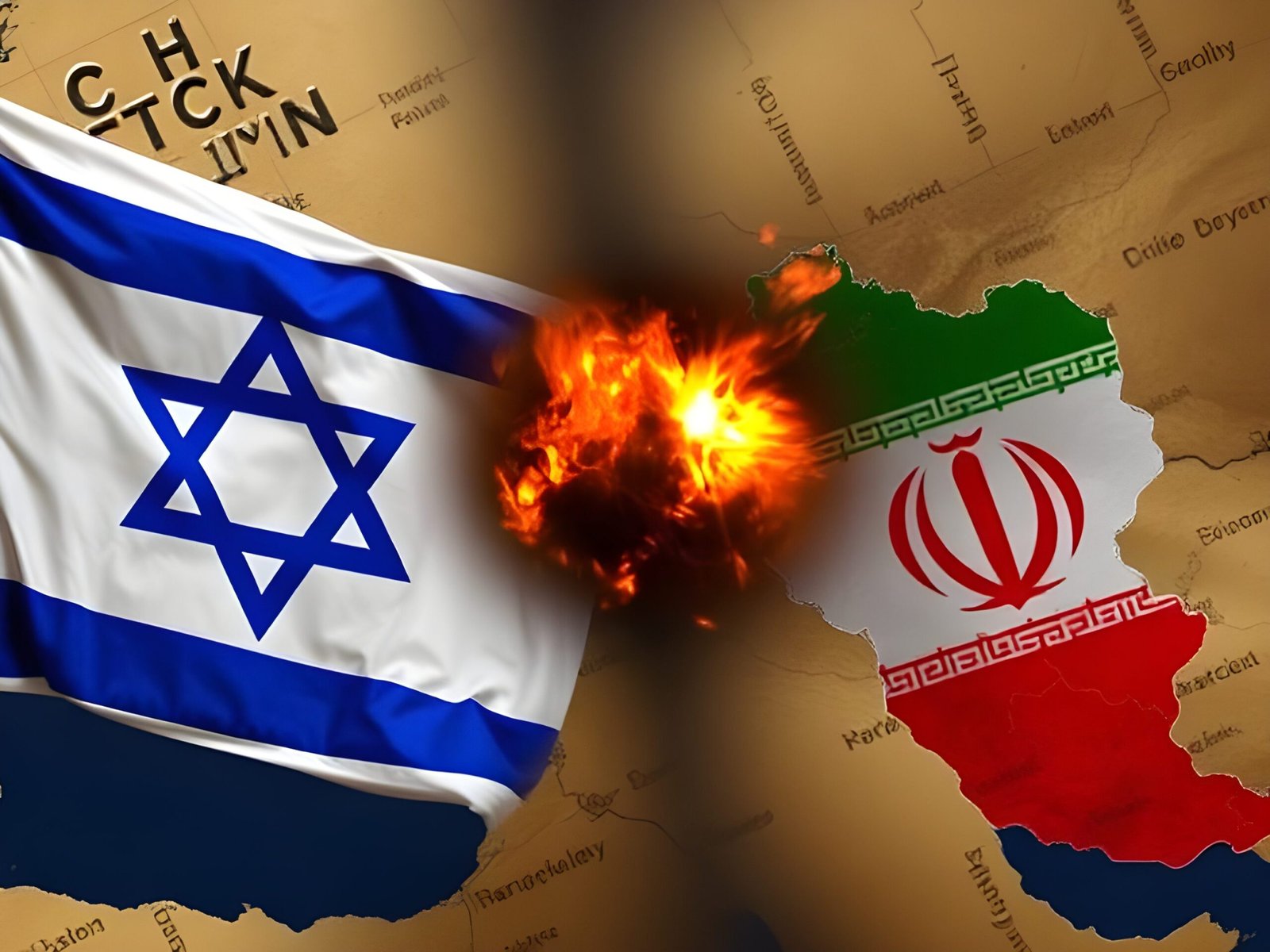Tensions between Israel and Iran have reached a critical juncture, drawing widespread international concern over the potential ramifications of their conflict. The ongoing hostilities continue to escalate, with attacks on critical locations, diplomatic reactions, and mounting global fears about security and stability in the region.
This article provides comprehensive coverage of the latest developments in the Israel-Iran conflict, offers insights into global reactions, presents expert analysis, and addresses pressing questions, offering a clearer understanding of the situation.
Table of Contents
Recent Developments in the Israel-Iran Conflict
The Israel-Iran conflict has seen significant developments in recent days. The latest reports reveal key events that have added to the complexity of the conflict:
Iran’s Fordow Nuclear Site Struck Again
Iran’s Fordow nuclear site was once again targeted, leading to damage described as “very significant” by Rafael Grossi, chief of the International Atomic Energy Agency (IAEA). The attack likely caused considerable harm to the sensitive underground centrifuge facility used for uranium enrichment. The full extent of the damage remains unclear, but the disruption to Fordow underscores escalating hostilities.
Israeli Strikes in Central Tehran
Israel has stepped up its strikes, targeting critical areas in Iran, including an attack in central Tehran. These strikes reflect Israel’s firm stance against Iran’s nuclear ambitions and its broader influence in the region.
Diplomatic Standoff Between the U.S. and Iran
While the United States continued its operations against Iran, the Kremlin stated the U.S. had not provided detailed prior information regarding the recent strikes. This lack of coordination has added a layer of complexity to the international diplomatic efforts aimed at managing the conflict.
Comments From Global Leaders
Russian President Vladimir Putin has condemned aggression against Iran, describing it as “groundless.” During discussions with Iran’s foreign minister, Abbas Araghchi, Putin expressed Russia’s readiness to assist the Iranian people diplomatically. Meanwhile, rhetoric on regime change has also emerged as a sensitive discussion, with responses emphasizing that leadership transitions should be determined internally, without external interference.
International Reactions to the Escalation
The rising tensions have prompted diverse reactions from the world stage, highlighting the complexity of global diplomacy in such a volatile conflict:
Russia’s Call for Restraint
Russia has positioned itself as a mediator, advocating against aggression and offering support to Iran. Russian leaders are also critical of external interference in Iran’s leadership affairs.
United Nations and IAEA Appeal for Stability
The IAEA has voiced concerns about compliance with international agreements following the Fordow attack. Chief Rafael Grossi reiterated the importance of collaboration with Iran to safeguard nuclear materials and enforce transparency in facility activities.
Geopolitical Ramifications
The strikes and subsequent global reactions underscore larger geopolitical shifts, with international alliances and rivalries in sharper focus. The lack of coordination between powers such as the U.S. and Russia adds further tension to an already fragmented international response.
Understanding the Implications of the Conflict
The ongoing Israel-Iran conflict has implications that extend far beyond regional borders. Expert analysis points to several key areas of concern:
Regional Stability
This conflict not only destabilizes the Middle East but also affects global security dynamics. Spillover effects such as refugee flows, economic disruptions, and extremist activities remain potential risks.
Global Energy Markets
Iran’s significant role in the global energy supply chain is not to be overlooked. Continued attacks on its infrastructure could disrupt oil markets and lead to international economic consequences.
Nuclear Non-Proliferation
Escalating tensions threaten the integrity of nuclear non-proliferation efforts. Direct strikes on atomic facilities like Fordow set a concerning precedent, leaving room for heightened mistrust and further escalation.
Heightened Diplomatic Tensions
The conflict poses challenges for diplomatic interventions by major powers, including the United States, Russia, and European nations. These challenges reflect the varying stakes and strategies of key players involved in brokering peace.
FAQs About the Israel-Iran Conflict
1. What caused the conflict between Israel and Iran?
The conflict arises from ideological, geopolitical, and security concerns. Israel perceives Iran’s nuclear program, support of militant groups like Hezbollah, and regional influence as direct threats to its existence, while Iran views Israeli and Western alliances as antagonistic.
2. Why is the Fordow uranium enrichment plant significant?
Fordow is among Iran’s most sensitive nuclear facilities, situated deeply within a mountain to protect against external attacks. The plant is central to Iran’s uranium enrichment efforts, which are a significant concern for Israel regarding nuclear weapons development.
3. What role does the United States play in this conflict?
The U.S. is a key ally of Israel and has taken a hardline stance against Iran, including imposing sanctions and conducting military operations. However, the lack of detailed coordination with allies, such as Russia, on recent activities highlights the challenges in unified international action.
4. What is the likelihood of further escalation?
The risk of escalation remains high, as recent strikes indicate growing tensions rather than de-escalation. Both sides appear unwilling to back down, increasing the potential for prolonged conflict and broader regional instability.
5. Could this conflict affect global economies?
Yes. The Middle East holds strategic importance in global oil markets. Extended conflict could disrupt oil supplies, leading to price hikes and economic strains worldwide.
Where Do We Go From Here?
The Israel-Iran conflict continues to develop, with each new event reshaping the discourse and global response. The damage to Iran’s Fordow facility, aggressive stances by key nations, and diplomatic uncertainty underscore the need for immediate attention and cooperation.
Stakeholders at every level, from government leaders to international organisations, must prioritise diplomacy, peace-building efforts, and transparent communication to stabilise the situation. Meanwhile, the global community watches closely, aware of the far-reaching effects this conflict could have beyond the immediate region.
Stay updated with the latest developments by tuning into our live coverage of the Israel-Iran war. Accurate, unbiased information is essential for understanding and responding to crises like these.

